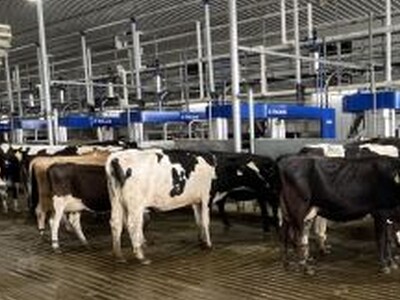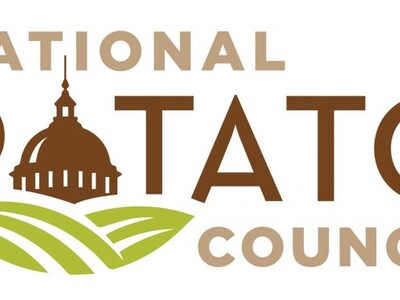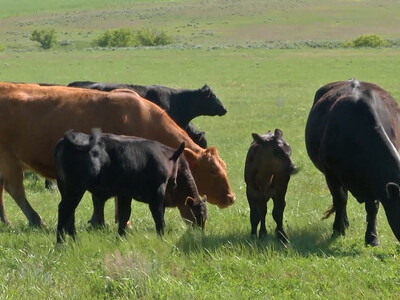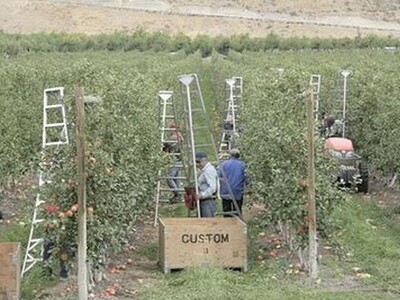Labor Shortage
Idaho led the nation in earnings growth last year and, partly as a result, Idaho's farmers and ranchers are having a harder time finding workers. Producers say the state's farm labor market has been tightening for several years but the increased wage growth is exacerbating the situation. According to the U.S. Department of Commerce, the average earnings for workers in Idaho increased 5.3 percent in 2017, the fastest clip in the nation and well ahead of the average national increase of 3.1 percent.According to the Idaho Department of Labor, the state's unemployment rate was 3 percent in February, well below the national rate of 4.1 percent. The low unemployment rate and higher earnings are making it harder for farmers and ranchers to find workers and they're also having to pay their current employees more to keep them.
"We're paying well above minimum wage and it's still hard to attract qualified skilled workers," said Michael Williamson, manager of Williamson Orchards and Vineyards in Caldwell. "The labor situation is pretty tight and it's not getting better."
According to the IDL, the average wage in Idaho for people involved in agriculture was $34,938 last year. That's well below the average wage of $40,561 for all industries and $42,297 for the construction industry. In the Treasure Valley of southwestern Idaho, where the construction industry is booming, farmers face a tough time attracting workers who can often make more money in that industry, said Ron Bitner, who owns a vineyard and winery in Caldwell. The average wage for construction workers in southwestern Idaho in 2017 was $44,356 while people working in the agricultural sector had an average wage of $33,197. "It's been harder to find experienced workers. They're all off in construction," Bitner said.
The labor shortage in that area is causing wage wars for general laborers such as pipe movers, said Meridian farmer Richard Durrant. He said he's having to start people off at $2 an hour more. "It's getting tighter and tighter," Durrant said. As workers become harder to find, more Idaho farming operations are turning to the federal H-2A guest worker program, which allows foreign workers to work in the United States for up to 10 months. "My phone is ringing all the time from people who want to do H-2A," said Jennifer Uranga, who owns and manages Mountain West Ag Consulting, which specializes in the H-2A program.
She said she is working with 12 new growers in Idaho this year who didn't use the H-2A program last year.
Nationwide, H-2A applications during the first quarter of this year were up 15 percent over the same period last year, Uranga said. While the Idaho numbers aren't available for the first quarter, it's a safe bet they were up substantially, she added. The shortage of farm laborers "is a growing problem and it's going to continue to be a problem," Uranga said. Some farmers, such as Durrant, said they can't make the H-2A program pencil out financially for their operation.
Williamson said he is seriously considering the H-2A program but his and other fruit operations are also moving to new cropping systems that will allow them to use automation when the technology is available at a workable price.
That includes adjusting the size and shape of trees and vineyards "so that they can be adapted to the use of automation pretty quickly when the technology gets there at a price that makes sense," he said. The farm labor shortage is acute for Idaho's 470 dairy operations, said Rick Naerebout, director of operations for the Idaho Dairymen's Association. "Most of our dairies are running on crews that are short of workers," he said.
Naerebout said the industry classifies the labor shortage as a crisis."It is our No. 1 issue right now," he said. While automation, such as the use of robotic milking machines, is a solution for some dairies, "It's certainly not the answer for the entire industry" because it's capital intensive, Naerebout said. The main solution, he said, would be having Congress pass common-sense immigration reform.














